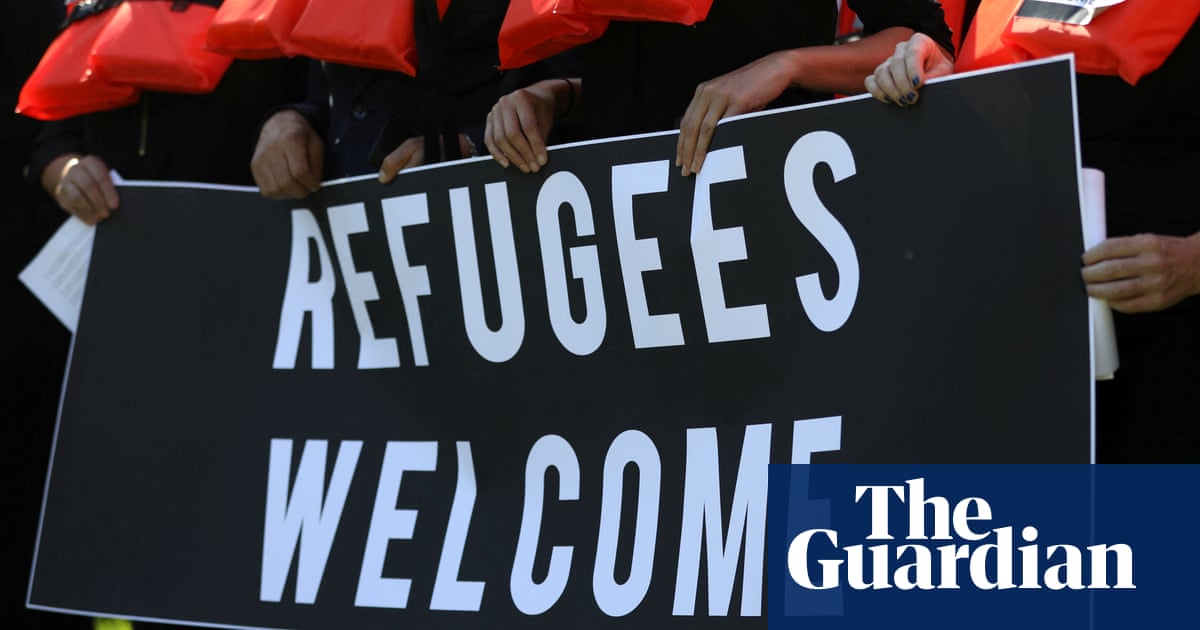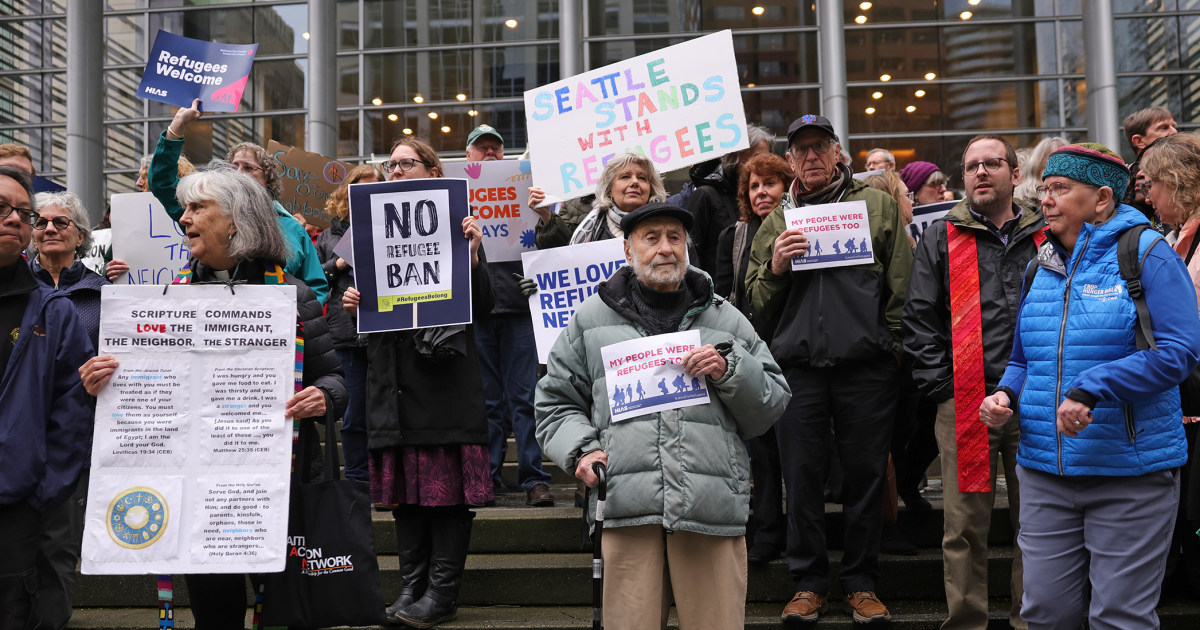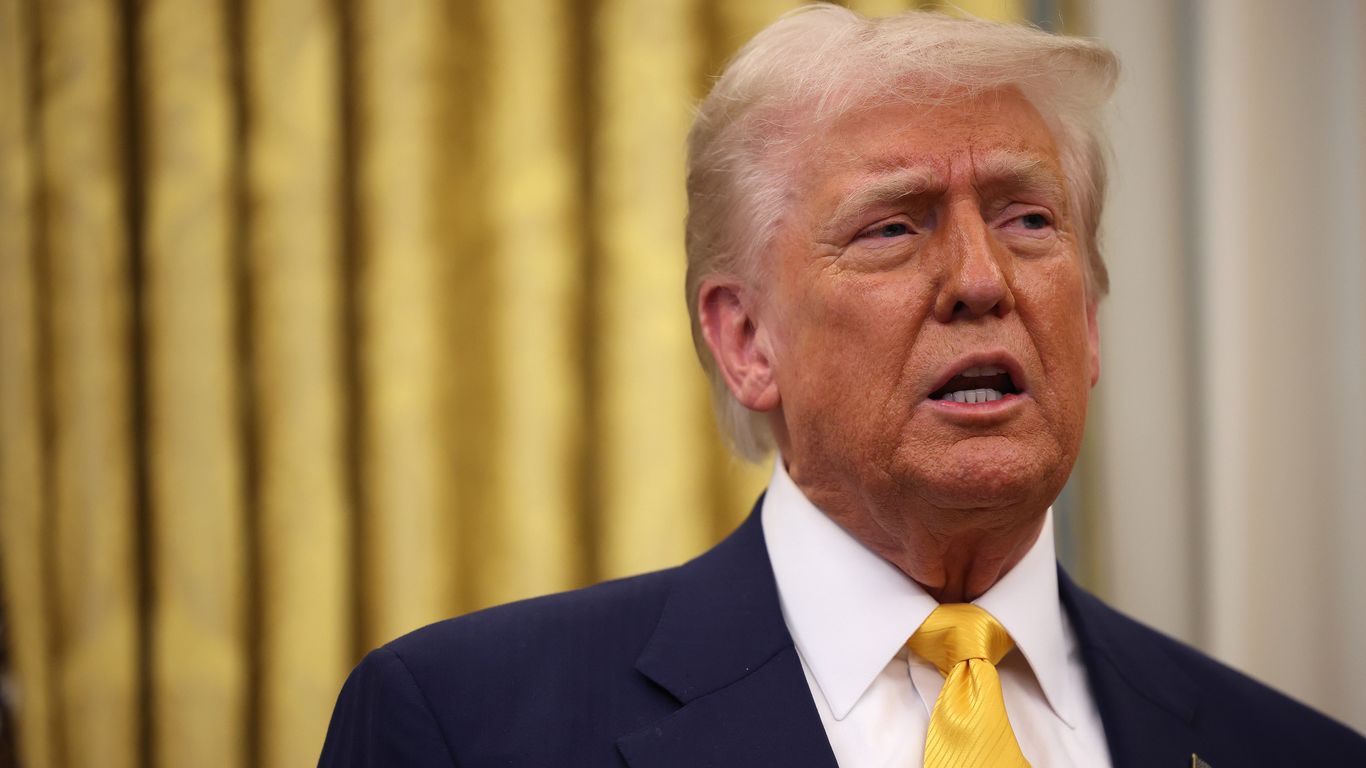Federal Judge Blocks Trump's Suspension of U.S. Refugee Admissions Program
A Seattle federal judge ruled against Trump's executive order halting the U.S. Refugee Admissions Program, claiming it exceeds presidential authority.
Overview
A federal judge in Seattle has blocked President Trump's executive order pausing the U.S. Refugee Admissions Program, ruling it exceeded his authority and violated congressional law. The judge, Jamal Whitehead, stated that while the president has significant discretion, it is not unlimited, and the order effectively nullified congressional intent regarding refugee admissions. The ruling came in response to a lawsuit by various refugee aid organizations and individuals impacted by the suspension. The Justice Department is considering an appeal against the ruling, impacting thousands of refugees awaiting entry into the U.S.
Content generated by AI—learn more or report issue.

Get both sides in 5 minutes with our daily newsletter.
Analysis
- A federal judge ruled that while President Trump has the discretion to suspend refugee admissions, such authority is not limitless and must align with congressional laws.
- The lawsuit brought by refugee assistance groups highlighted the real consequences of Trump's suspension, including canceled travel for approved refugees and layoffs at resettlement agencies.
- The case reflects broader issues in U.S. immigration policy and the balance of legislative vs executive power regarding refugee admissions.
Articles (6)
Center (4)
FAQ
The judge ruled that Trump's executive order exceeded his authority and effectively nullified congressional intent regarding refugee admissions, despite acknowledging the president's significant discretion in such matters.
The lawsuit was filed by national and local refugee-serving agencies, including the International Refugee Assistance Project, HIAS, and Lutheran Community Services Northwest, along with nine individual refugees.
The Justice Department is considering an appeal against the ruling, which could potentially lead to the case being heard by a higher court, such as the Supreme Court.
The ruling means that the U.S. government cannot enforce Trump's refugee ban, and refugee processing must be restored, potentially allowing thousands of refugees to proceed with their entry into the U.S.
History
- This story does not have any previous versions.




